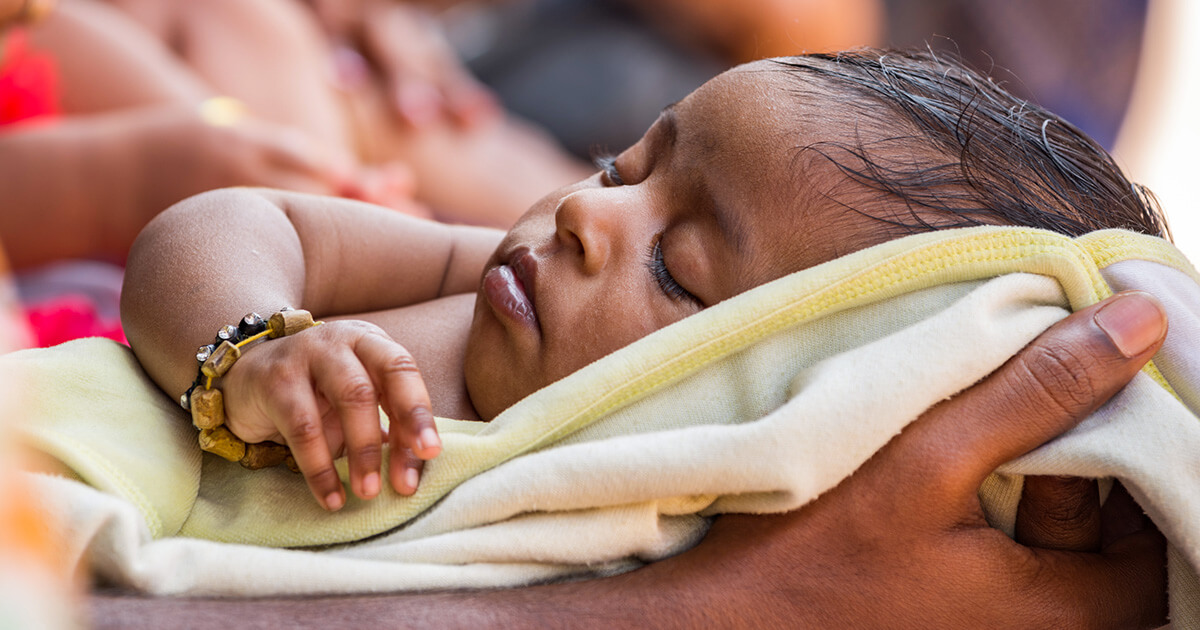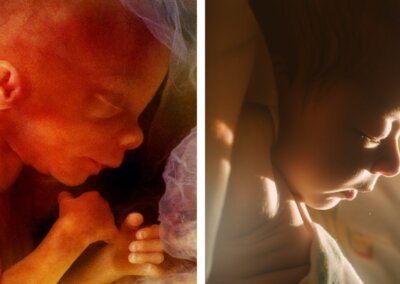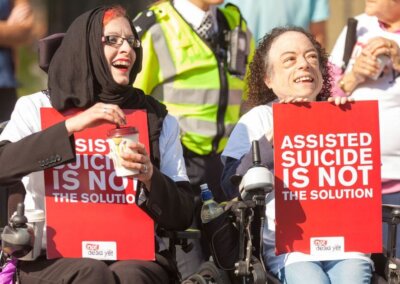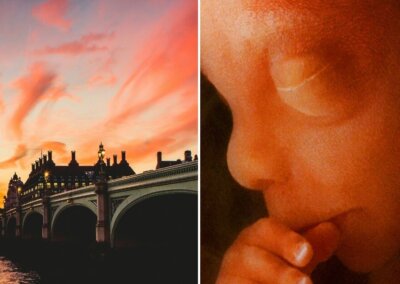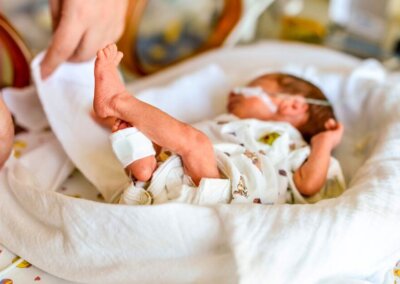India’s Union Cabinet has approved a draft bill that would remove safeguards for unborn babies and introduce disability-selective abortion, possibly for conditions including Down’s syndrome and cleft lip, up to birth.
Under the current law, abortion is permitted up to 12 weeks in cases where a medical practitioner finds the the physical or mental health of the pregnant woman could be at risk or
if there is a risk the baby could be born with a disability or physical abnormality, such as a cleft lip.
Abortion is then permitted up until the 20th week of pregnancy with the approval of two doctors, and only beyond that if the mother’s life is in danger.
The cabinet, which is chaired by Prime Minister Narendra Modi, voted last week to introduce a bill that will allow women to seek abortions at 20 weeks gestation, with the approval of one doctor, rather than 12 weeks.
Additionally, a “special category” of women, including disabled women, will be able to seek an abortion up to 24 weeks with the approval of two doctors.
The proposed changes don’t just single out disabled women, but also babies with disabilities.
The latest proposal states that the “upper gestation limit not to apply in cases of substantial foetal abnormalities diagnosed by [the] Medical Board.” Language worded similarly in the UK has allowed disability abortion up to birth.
Last year, India’s Minister for Health was unashamedly candid about allowing disability-selective abortion up to birth, boasting about his plans to change the abortion law he stated: “The Ministry [of Health] has proposed to amend the MTP Act, 1971, to… expand access to abortion services on therapeutic, eugenic, humanitarian and social grounds.”
Fresh legislation to amend the Medical Termination of Pregnancy (Amendment) Act, 1971 will now be presented, debated and voted during the current session of parliament, which ends on Friday 3 April.
The cabinet’s decision, to introduce the bill, comes just months after the Government told the Supreme Court in September that the 20-week limit could not be changed, saying a foetus’s right to life transcends all other rights.
Due to previous reports on sex-selective abortion in India, it is likely that the majority of abortions will have been performed on unborn baby girls.
Despite outlawing sex-selective abortion and pre-natal sex detection in 1994, census data from 2011 showed there were 914 girls to every 1,000 boys for children up to the age of six. In some northern states that ratio was as low as 850, according to the United Nations Population Fund (UNFPA).
The World Health Organization says the natural sex ratio at birth is about 105 boys to every 100 girls.
Last year, it was revealed out of 216 births across dozens of villages in northern India, over a 3 month period, not a single girl was born.
Last month, the remains of what is estimated to be twenty-four unborn babies – were discovered in a blood-soaked bag, in West Bengal, India.
A spokesperson for Right To Life UK, Catherine Robinson said:
“Just months after being told the right to life transcends all other rights, the Indian Government has decided it will expand abortion access in the country and, therefore, deny the right to life to hundreds of thousands of babies every year.
“Even worse, the new proposals single out those with disabilities, with the Minister for Health unashamedly announcing his plans to ‘expand access to abortion services on therapeutic, eugenic, humanitarian and social grounds’.
“This not only involves singling out babies with disabilities, but also singling out mothers with disabilities and introducing new criteria that will allow for abortion between 20 and 24 weeks for women who have a disability themselves.
“Unfortunately, these extreme abortion proposals hit closer to home than you might think. The Conservative Government’s abortion framework for Northern Ireland, for example, will also permit disability abortion up to birth for conditions such as Down’s syndrome and cleft lip.
“This abortion framework goes far beyond what the Government was required to do after it voted to impose extreme abortion legislation on Northern Ireland. Please join thousands of others in joining our Protect women, Save lives campaign and urge your MP to write to the Prime Minister asking him not to go further than required and implement disability abortion.”


